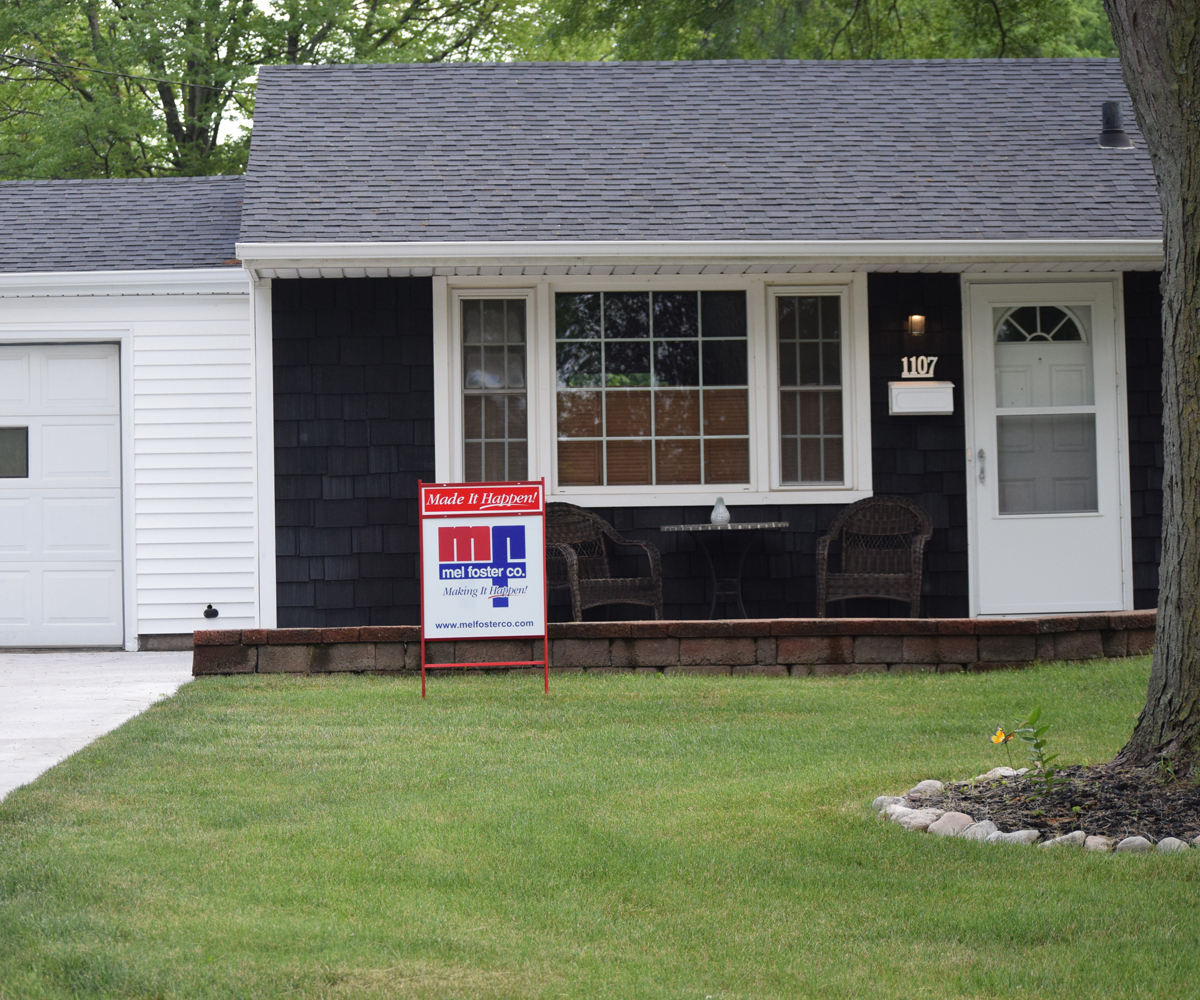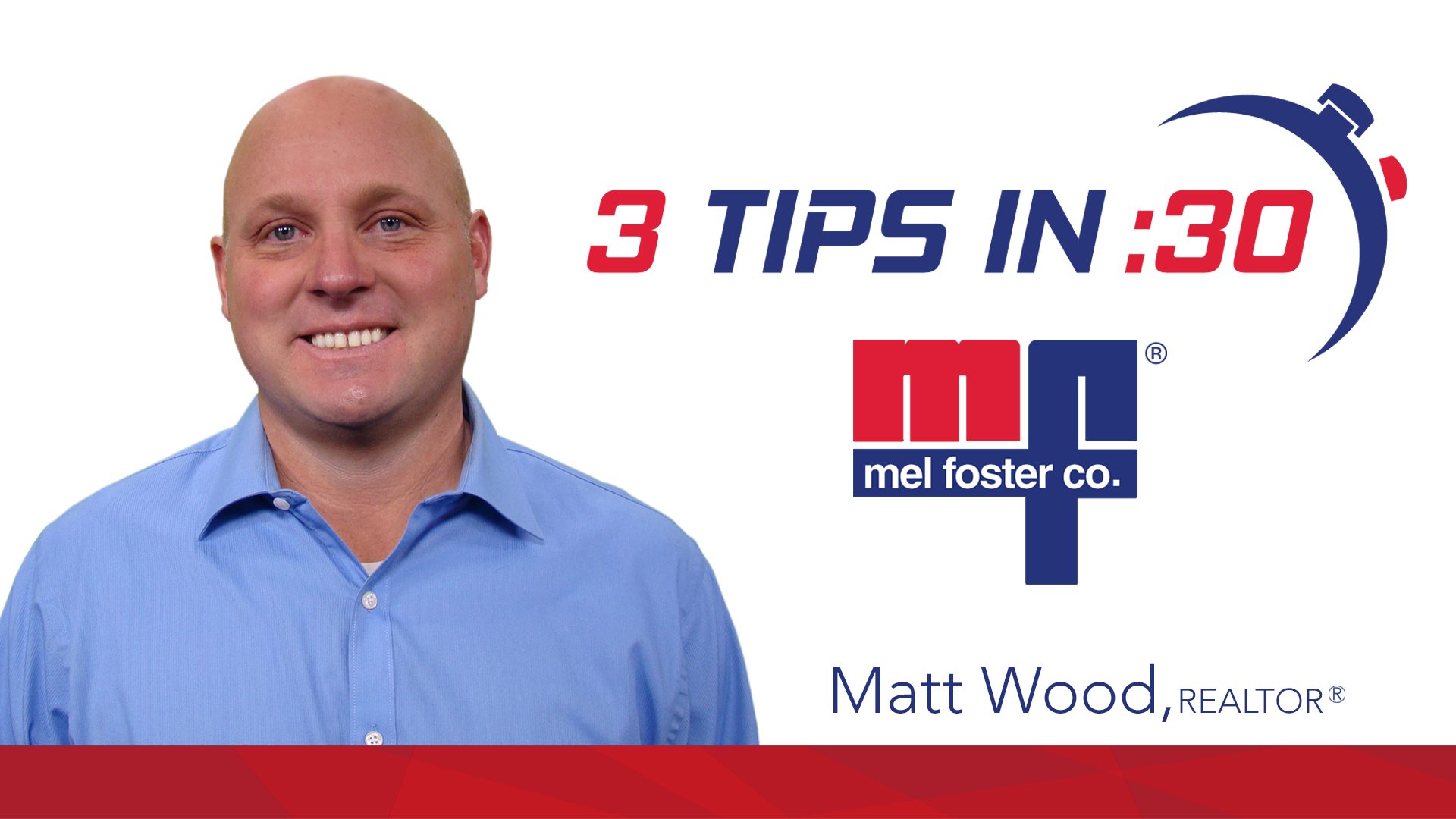First-time homebuyers often feel at a financial disadvantage when considering buying a home. Homeownership can seem daunting, whether it’s not having the money for a down payment, student loans and other monetary limitations or securing a reasonable interest rate on a mortgage. The good news is historical data regarding interest rates provides a favorable outlook for borrowers, and first-time buyers can take advantage of several benefits when buying a first home.
Interest Rates Over Time
Interest rates go up and down over time. Data collected over time indicates that interest rates today are about the same as 20 years ago. And rates are less than half what they were 40 years ago. How does knowing this help? Buyers shouldn’t feel stuck with today’s interest rate for the life of a mortgage. Rates will change, and buyers can make changes then, too.
Refinancing Options
Since interest rates fluctuate regularly, buyers can consider refinancing when the time is right. Buyers can swap the higher mortgage rate for something more favorable if interest rates go down. This may mean a monthly payment stays the same, but the years left on the mortgage could be dramatically reduced.
First-Time Buyer Benefits
There are a variety of government and state-funded programs that can help pave the way for first-time buyers. According to the Department of Housing and Urban Development, the following qualify as first-time home buyers:
- A person who has not owned their principal residence for at least three years
- A single parent who previously co-owned a home while married
- A homemaker who once owned with a spouse but no longer receives financial support from that spouse
- A person who has only owned a residence not affixed to a permanent foundation, such as a mobile or trailer home
Several programs make homeownership more affordable for eligible buyers by including lower interest mortgage rates or lower down payment requirements.
- First-time homebuyer programs for students – Available if you recently graduated from college.
- Energy-efficient mortgages (EEM) – This type of mortgage allows you to tack the cost of energy-efficient upgrades (think new insulation, a more efficient HVAC system or double-pane windows) onto your primary loan without requiring a larger down payment.
- First-time homebuyer programs by state – Each state operates a housing finance authority (HFA) that encourages homeownership, among other responsibilities.
- Habitat For Humanity – If your annual income is 60 percent or less of the median income in your area, you might qualify for Habitat for Humanity’s homeownership program. Along with not exceeding the income threshold, you’ll need to contribute sweat equity to help build the home or a home for another applicant to qualify.
Find more tips for buyers.









